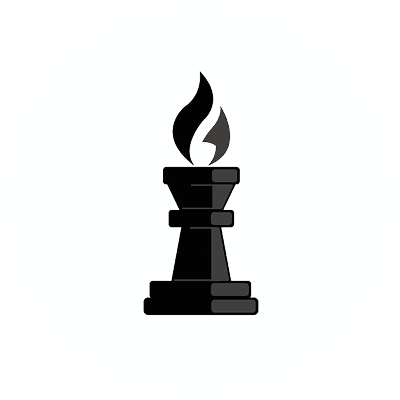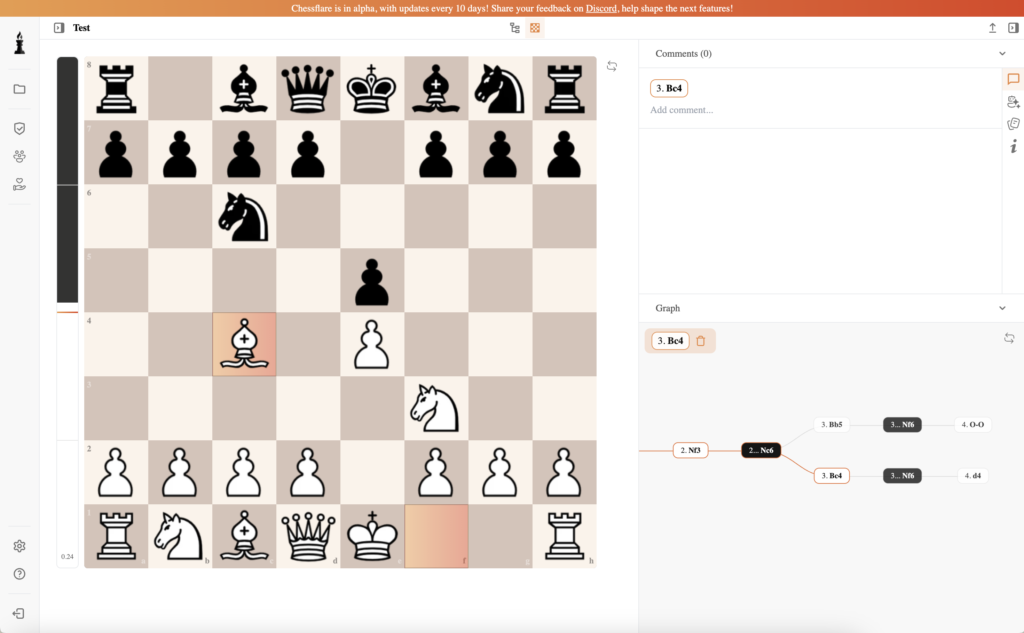A traditional form of chess with longer time controls, typically ranging from 1 to 2 hours per player, emphasizing deep strategic planning.
Introduction
Classical chess is the traditional form of chess played with long time controls, allowing for deep strategic planning, thorough calculation, and high-quality play. It is the format used in World Chess Championships, elite tournaments, and serious competitive play.
What makes classical chess different from other formats? Why do top players prefer it? And how can you improve at classical chess? This article explores the rules, strategies, and importance of classical chess in the modern era.
1. What Is Classical Chess?
Classical chess refers to games with long time controls, usually ranging from 60 minutes to several hours per player. It allows for deep analysis, positional play, and minimal time pressure compared to faster formats like blitz and bullet.
✅ Common Classical Time Controls:
- FIDE Classical (World Chess Championship) → 90 min for 40 moves + 30 min + 30s increment per move.
- Standard Tournament Chess → 90 min + 30 sec increment per move.
- Club-Level Classical Chess → 60-120 minutes per player.
✔ Classical chess is used in World Championships, Grandmaster tournaments, and national championships.
2. How Classical Chess Differs from Other Formats
| Format | Time Control | Key Characteristics |
|---|---|---|
| Classical | 60+ min per player | Deep strategy, fewer blunders, high-quality moves |
| Rapid | 10-25 min per player | Mix of calculation and speed |
| Blitz | 3-10 min per player | Fast decision-making, tactical play |
| Bullet | Less than 3 min per player | Reflex-based, instant moves |
3. Why Classical Chess Is Important
✔ Allows Deep Calculation → Players have time to think many moves ahead.
✔ Encourages Strategic Thinking → Focus on positional play rather than just tactics.
✔ Fewer Mistakes Compared to Blitz/Bullet → Less reliance on speed, more emphasis on accuracy.
✔ Used in Major Tournaments → The format of World Championships and elite events.
4. Strategies for Success in Classical Chess
4.1 Master the Opening Phase
- Since classical games allow deep preparation, learning solid openings is crucial.
- Choose openings that suit your style (e.g., positional players prefer the Queen’s Gambit, tactical players prefer the Sicilian Defense).
- Study opening principles, not just memorized moves.
4.2 Focus on Long-Term Planning
- Classical chess rewards deep, strategic thinking.
- Create a plan based on pawn structure, piece activity, and opponent weaknesses.
✅ Example of a Strategic Plan:
- If you control the center and your opponent has a weak pawn on d6, plan to attack that weakness over several moves.
4.3 Improve Calculation and Visualization
- Since you have more time, use it to calculate multiple move sequences.
- Train by solving long tactical puzzles and endgame studies.
✅ Tip: Always ask yourself: « What will my opponent play next? »
4.4 Manage Your Time Wisely
- Balance thinking time—don’t spend too much time on a single move.
- Avoid rushing in critical positions but also don’t get into time trouble.
- Use time to think deeply about key decisions (pawn breaks, exchanges, king safety).
4.5 Learn Endgame Fundamentals
- Many classical games reach deep endgames, so strong endgame skills are necessary.
- Study fundamental positions like king and pawn vs. king, rook endgames, and opposition techniques.
✅ Example: Knowing how to convert a king + pawn vs. king endgame can win you many games.
5. Common Mistakes in Classical Chess
❌ Spending Too Much Time Early → Leads to time trouble in the endgame.
❌ Ignoring Opponent’s Plans → Always consider what your opponent wants to do.
❌ Playing Too Fast → Classical chess allows deep thinking—use your time wisely.
❌ Relying Too Much on Opening Theory → A good opening doesn’t guarantee success—you need a strong middlegame plan.
❌ Not Preparing for Endgames → Many players reach winning endgames but fail to convert them.
6. Classical Chess in the Modern Era
- Despite the rise of blitz and rapid chess online, classical chess remains the format of World Championships and elite events.
- Magnus Carlsen, Fabiano Caruana, and other top players excel in classical chess due to deep preparation and strong endgame technique.
- Online platforms like Chess.com and Lichess offer classical formats, allowing players to train seriously.
7. How to Improve at Classical Chess
7.1 Play Classical Games Regularly
- Play longer time control games (60+ minutes) to practice deep thinking.
- Avoid only playing Blitz and Bullet, as they develop different skills.
7.2 Study Master Games
- Learn from Carlsen, Kasparov, Fischer, Karpov, and Botvinnik.
- Focus on positional play and long-term planning in classical games.
7.3 Train Endgames
- Spend time solving basic and advanced endgame puzzles.
- Learn techniques like opposition, triangulation, and Lucena/Philidor positions.
7.4 Analyze Your Own Games
- Review classical games to find mistakes and understand where you could improve.
- Use chess engines and human analysis to refine your thinking process.
8. Conclusion
Classical chess is the purest test of skill, calculation, and strategic understanding. It remains the standard format for serious tournament play and world championships, allowing players to fully express their abilities without time pressure.
✔ Think deeply, calculate accurately, and develop strong plans.
✔ Use time wisely—don’t rush, but avoid time trouble.
✔ Master openings, middlegames, and endgames to dominate classical play.
✔ Learn from legendary players and analyze your games.
By focusing on long-term strategy, deep calculation, and strong endgame play, you will become a better and more complete chess player in both classical and faster formats!

